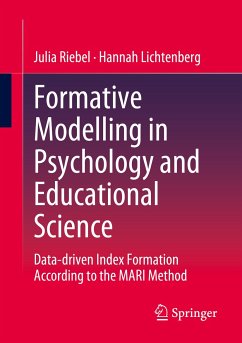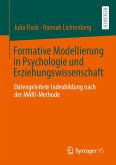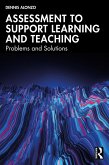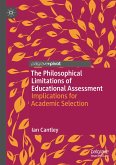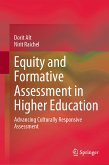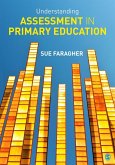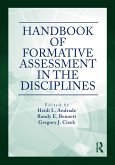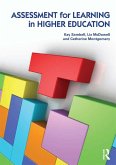Formative measurement models can be a useful addition to the repertoire of methods in psychology and education, but are largely unknown, whereas they are considered standard procedures in economics. Especially in the field of test and questionnaire development, the formative view on constructs can help to increase the often neglected content validity. In this book, the formative measurement model is presented and distinguished from the reflective model. Possibilities for its application in psychology and education are presented and critically discussed. With the MARI method, a procedure is presented that enables users to implement formative models.
The authors
Dr. habil. Julia Riebel is a psychologist and substitute professor for educational science with a focus on school pedagogy and empirical educational research at RWTH Aachen University. Her research interests include educational-psychological diagnostics and test development. Doctorate inpsychology on the diagnostics of mathematical modelling competencies; habilitation on the topic of measuring bullying and cyberbullying.
Hannah Lichtenberg, M.Sc., M.A. is a research assistant at the Chair of School Education Pedagogy and Empirical Educational Research at RWTH Aachen University. She holds a Master of Science in International Economic Studies from Maastricht University (The Netherlands) and a Master of Art in Empirical Educational Research from RWTH Aachen University (Germany).
Dieser Download kann aus rechtlichen Gründen nur mit Rechnungsadresse in A, B, BG, CY, CZ, D, DK, EW, E, FIN, F, GR, HR, H, IRL, I, LT, L, LR, M, NL, PL, P, R, S, SLO, SK ausgeliefert werden.
Hinweis: Dieser Artikel kann nur an eine deutsche Lieferadresse ausgeliefert werden.

